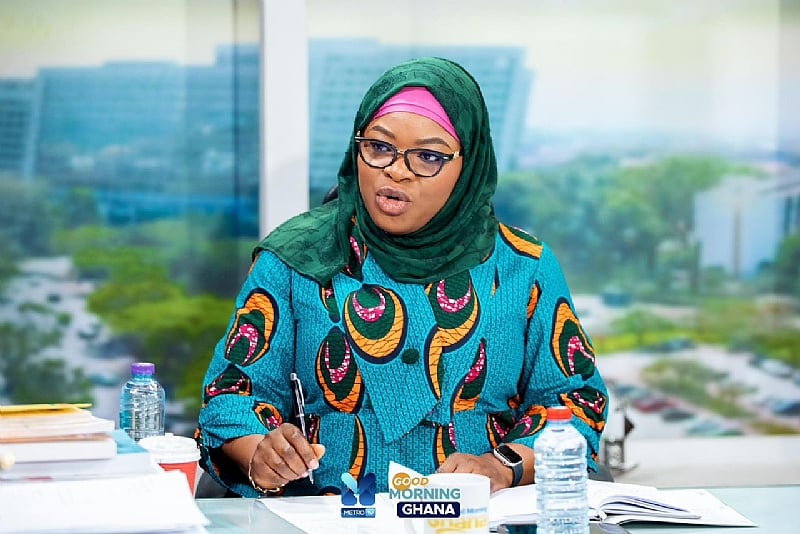Shamima Muslim, Deputy Presidential Spokesperson, launched a pointed critique against the New Patriotic Party (NPP), alleging its historical complicity in introducing violence into Ghana’s political landscape. Her argument centers on the 1966 coup d’état that ousted Ghana’s first president, Dr. Kwame Nkrumah, an event she asserts benefited elements within the NPP’s ancestral political lineage. This act, she contends, represents the genesis of political violence in the country, thereby undermining the NPP’s current pronouncements on peace and stability.
Muslim’s accusation, delivered during an appearance on Metro TV’s Good Morning Ghana program, directly challenges the NPP’s moral authority to lecture Ghanaians on peaceful coexistence. She highlighted the alleged collaboration between the NPP’s predecessors and external forces, including the CIA, in orchestrating Nkrumah’s overthrow. This act, she argues, not only destabilized Ghana’s development trajectory but also ingrained a culture of violence within the NPP’s political DNA.
Continuing her critique, Muslim condemned recent pronouncements by NPP communicators suggesting Ghana is teetering on the brink of civil war. She labeled these statements as irresponsible and unbecoming of individuals who claim to be patriots. She underscored the inherent danger in such rhetoric, arguing it inflames tensions and undermines the very stability the NPP claims to champion. Instead of fostering dialogue and consensus, such pronouncements, according to Muslim, sow discord and fear among the populace.
Furthermore, Muslim drew a sharp contrast between the NDC and the NPP, claiming the NDC consistently wishes for the success of its political rivals, recognizing that a successful government ultimately benefits all citizens. This, she posits, distinguishes the NDC’s approach from the NPP’s allegedly destructive tendencies. She reiterated her accusation that the NPP’s tradition stems from a “bomb-throwing age,” a historical legacy she believes continues to influence their political actions and rhetoric.
Elaborating on her argument, Muslim emphasized the long-term implications of the 1966 coup, portraying it as a pivotal moment that set a dangerous precedent for political violence in Ghana. She argued that this event not only disrupted Ghana’s democratic progress but also created a climate of fear and instability that continues to haunt the nation’s political landscape. The coup, in her view, represents a fundamental betrayal of democratic principles and a stain on the nation’s history.
In summary, Muslim’s accusations paint a picture of the NPP as a party with a deeply ingrained history of political violence, tracing back to the overthrow of Nkrumah. She contrasts this with the NDC’s purportedly more peaceful and constructive approach to political competition. Her statements serve as a direct challenge to the NPP’s credibility on issues of peace and stability, urging a critical examination of their historical record and current rhetoric. She concludes by emphasizing the importance of responsible political discourse and the pursuit of a peaceful and prosperous future for all Ghanaians.


